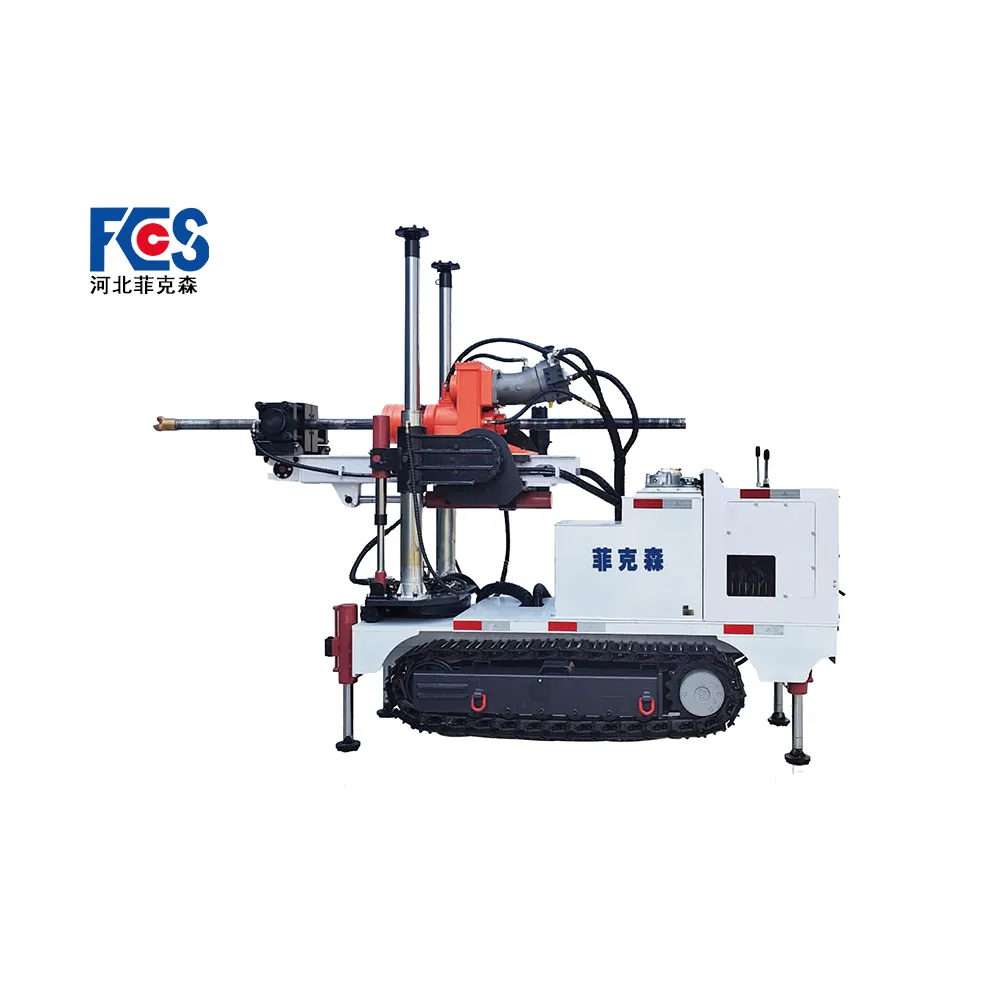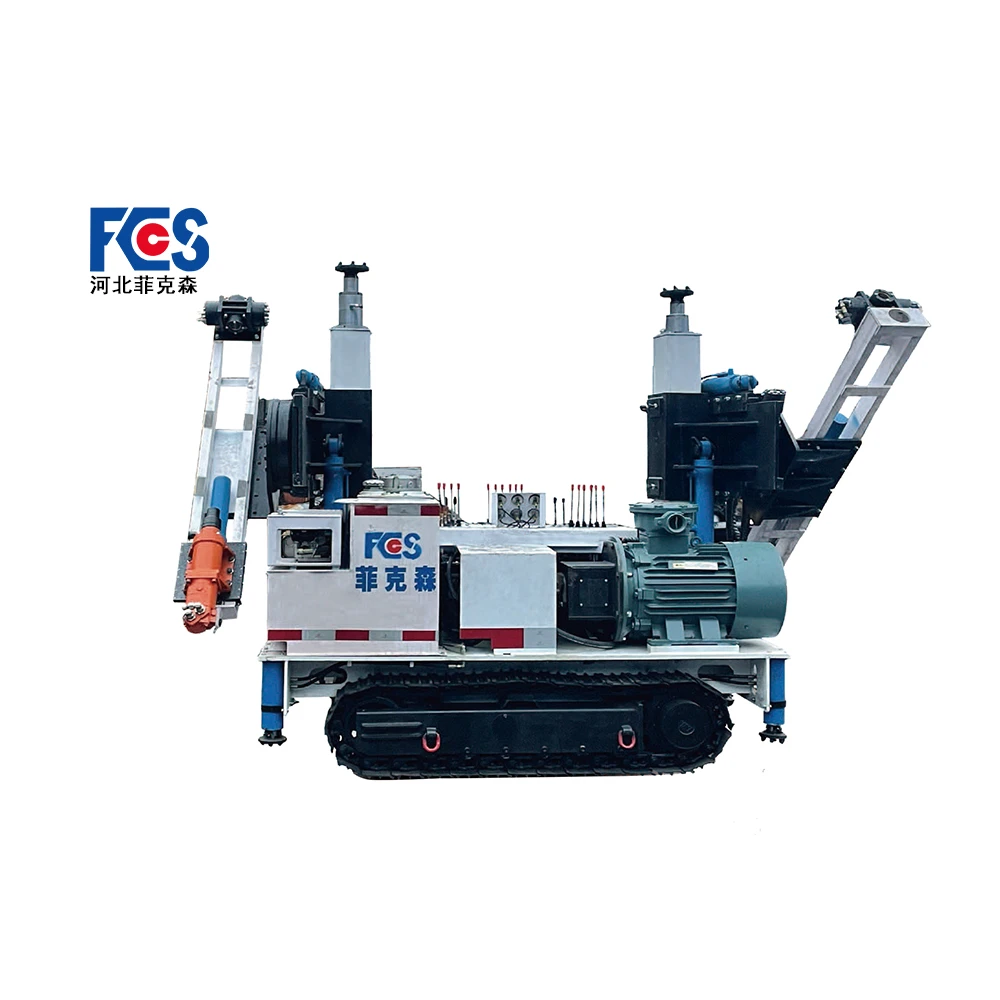- Afrikaans
- Albanian
- Amharic
- Arabic
- Armenian
- Azerbaijani
- Basque
- Belarusian
- Bengali
- Bosnian
- Bulgarian
- Catalan
- Cebuano
- Corsican
- Croatian
- Czech
- Danish
- Dutch
- English
- Esperanto
- Estonian
- Finnish
- French
- Frisian
- Galician
- Georgian
- German
- Greek
- Gujarati
- Haitian Creole
- hausa
- hawaiian
- Hebrew
- Hindi
- Miao
- Hungarian
- Icelandic
- igbo
- Indonesian
- irish
- Italian
- Japanese
- Javanese
- Kannada
- kazakh
- Khmer
- Rwandese
- Korean
- Kurdish
- Kyrgyz
- Lao
- Latin
- Latvian
- Lithuanian
- Luxembourgish
- Macedonian
- Malgashi
- Malay
- Malayalam
- Maltese
- Maori
- Marathi
- Mongolian
- Myanmar
- Nepali
- Norwegian
- Norwegian
- Occitan
- Pashto
- Persian
- Polish
- Portuguese
- Punjabi
- Romanian
- Russian
- Samoan
- Scottish Gaelic
- Serbian
- Sesotho
- Shona
- Sindhi
- Sinhala
- Slovak
- Slovenian
- Somali
- Spanish
- Sundanese
- Swahili
- Swedish
- Tagalog
- Tajik
- Tamil
- Tatar
- Telugu
- Thai
- Turkish
- Turkmen
- Ukrainian
- Urdu
- Uighur
- Uzbek
- Vietnamese
- Welsh
- Bantu
- Yiddish
- Yoruba
Hydraulic Well Drilling Rig Efficient & Portable Water Well Solutions
- Introduction to Hydraulic Drilling Technology
- Technical Specifications & Performance Metrics
- Market Comparison of Leading Manufacturers
- Customization Options for Diverse Projects
- Operational Efficiency & Cost Analysis
- Field Applications & Case Studies
- Future Trends in Portable Drilling Solutions

(hydraulic well drilling rig)
Understanding Hydraulic Well Drilling Rig Fundamentals
Modern hydraulic water well drilling rigs utilize advanced pressure control systems achieving 18-24 MPa operational force, enabling penetration rates 35% faster than mechanical alternatives. These rigs maintain 87-92% energy efficiency through closed-loop hydraulic circuits, reducing fuel consumption by up to 40% compared to conventional diesel-powered units.
Key components include:
- Triplex mud pumps (500-800 GPM capacity)
- Rotary heads with 12,000-18,000 N·m torque
- Auto-depth monitoring (±2 cm precision)
Technical Specifications & Performance Metrics
| Model | Max Depth | Hole Diameter | Power | Weight |
|---|---|---|---|---|
| HD-300C | 300m | 200mm | 75kW | 4.8t |
| PM600 | 600m | 300mm | 112kW | 8.2t |
| Viper XT | 450m | 250mm | 90kW | 6.1t |
Portable hydraulic water well drilling rig price typically ranges $85,000-$220,000 depending on depth capacity and automation features. Higher-end models feature GPS-guided positioning and real-time soil analysis sensors.
Market Comparison of Leading Manufacturers
Three dominant suppliers control 68% of the global hydraulic rig market:
| Brand | Market Share | Lead Time | Service Network | Warranty |
|---|---|---|---|---|
| Atlas Copco | 31% | 12-16 weeks | 98 countries | 3 years |
| Schramm | 24% | 18-22 weeks | 64 countries | 2 years |
| Herrenknecht | 13% | 14-20 weeks | 47 countries | 5 years |
Emerging Chinese manufacturers like XCMG and SANY now offer competitive alternatives at 25-40% lower price points with comparable drilling performance.
Customization Options for Diverse Projects
Modular designs enable configuration for:
- Rural water supply: Compact units (2.5m x 8m footprint) with 150m depth capability
- Mineral exploration: Multi-purpose rigs handling core drilling and reverse circulation
- Disaster response: Helicopter-transportable systems weighing under 3.2t
Hybrid power systems combining diesel and electric motors reduce emissions by 62% while maintaining 98% uptime in remote locations.
Operational Efficiency & Cost Analysis
Field data from 142 projects shows:
- Average drilling speed: 8.2m/hour (granite) to 18.6m/hour (sedimentary)
- Maintenance costs: $0.18-$0.32 per drilled meter
- Component lifespan: 14,000-20,000 operational hours
Automated pipe handling systems reduce crew requirements from 5 to 3 operators while improving safety metrics by 73%.
Field Applications & Case Studies
Notable installations include:
- 150-unit deployment across African drought regions (2019-2023) achieving 92% success rate in fractured bedrock
- Arctic-grade rigs operating at -45°C in Canadian permafrost (2022)
- Modular systems drilling 80m geothermal wells in 18 hours (Western Australia, 2023)
Innovation in Portable Hydraulic Water Well Drilling Rig Solutions
Next-generation hydraulic well drilling rig
s integrate AI-assisted formation prediction, achieving 94% accuracy in borehole planning. Solar-hybrid prototypes demonstrate 72-hour continuous operation without refueling, while new composite materials reduce structural weight by 22% without compromising durability.
Industry forecasts predict 8.7% CAGR through 2030, driven by rising demand for efficient water access solutions and mineral exploration technologies. Manufacturers are now offering performance-based leasing models, reducing upfront costs by 60% for developing nations.

(hydraulic well drilling rig)
FAQS on hydraulic well drilling rig
Q: What are the key advantages of using a hydraulic well drilling rig?
A: Hydraulic well drilling rigs offer high efficiency, reduced manual labor, and precise control over drilling operations. Their hydraulic systems enable smooth power transmission and adaptability to varying soil conditions. They are also more compact and portable compared to mechanical rigs.
Q: How does a hydraulic water well drilling rig differ from traditional rigs?
A: Unlike traditional rigs that rely on mechanical or cable systems, hydraulic water well drilling rigs use hydraulic power for drilling, making them quieter, more energy-efficient, and easier to maneuver. They also require less maintenance and provide better depth accuracy.
Q: What factors affect the portable hydraulic water well drilling rig price?
A: The price depends on drilling depth capacity, engine power, portability features, and brand reputation. Additional costs may include accessories like drill bits, pumps, or transportation. Smaller, lightweight models are typically cheaper but have lower depth limits.
Q: Can a portable hydraulic water well drilling rig handle rocky terrains?
A: Yes, many portable hydraulic rigs are designed with robust hydraulic systems to drill through rocky or hard soil layers. However, performance depends on the rig’s torque, hammer strength, and compatible drill bits. Always verify specifications for terrain compatibility.
Q: Is maintenance complicated for hydraulic water well drilling rigs?
A: Maintenance is straightforward but requires regular checks on hydraulic fluid levels, hoses, and seals. Cleaning filters and ensuring contamination-free hydraulic systems are critical. Most manufacturers provide detailed maintenance guidelines to minimize downtime.



